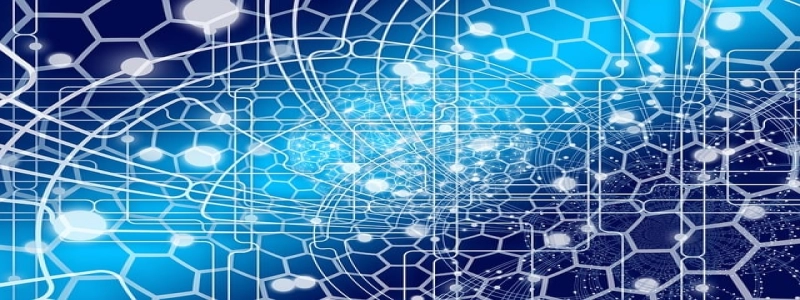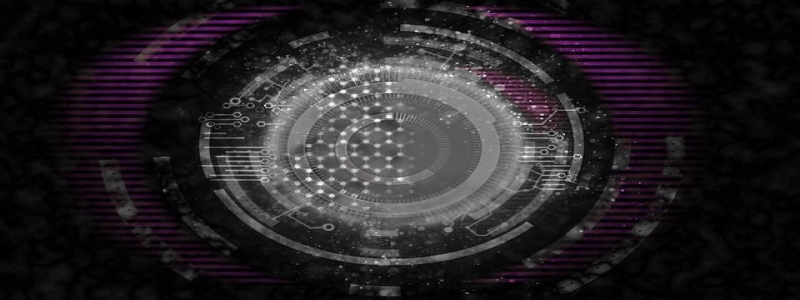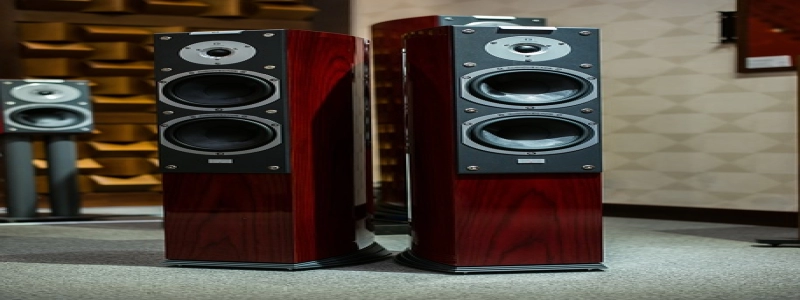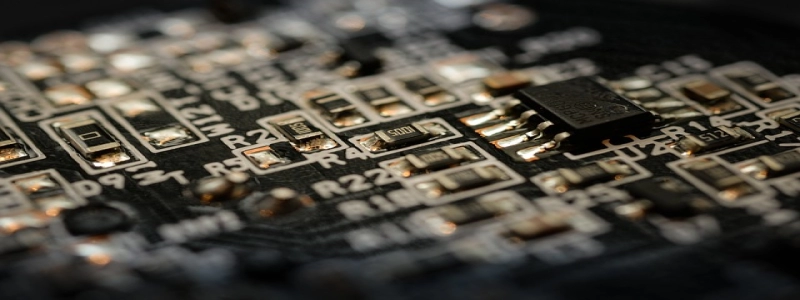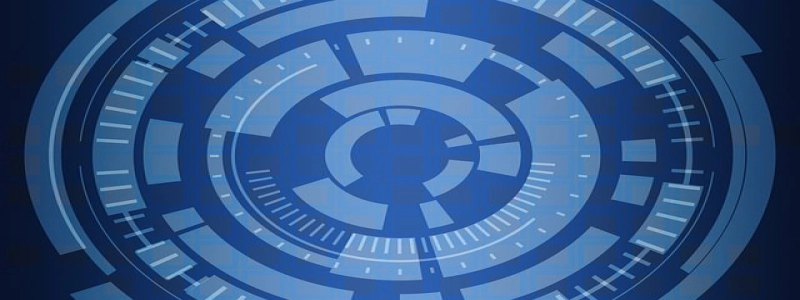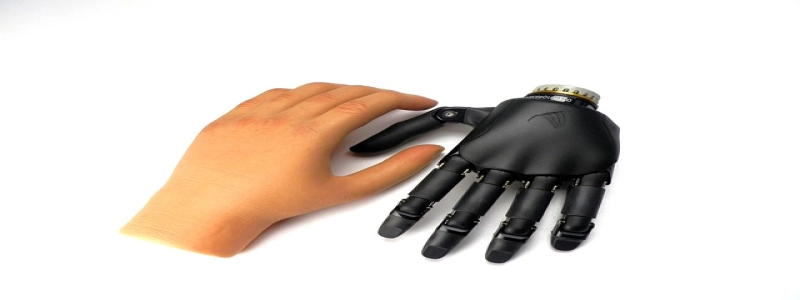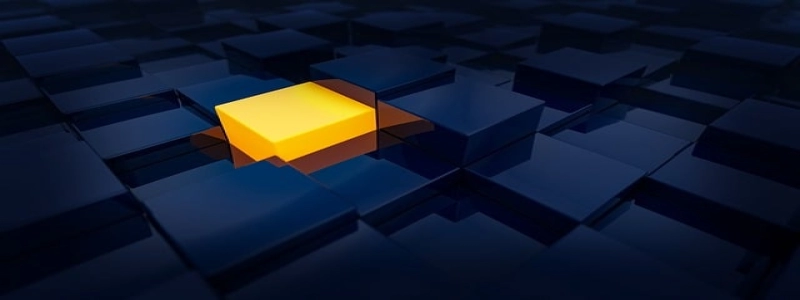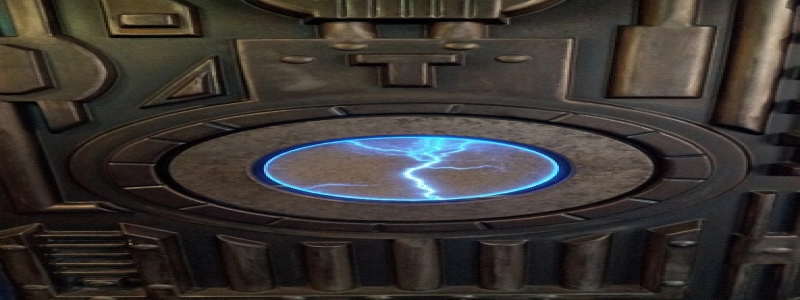Do Ethernet Cables Have Different Speeds?
Introduction:
When it comes to setting up a wired network, Ethernet cables play a crucial role in ensuring a seamless and fast connection. However, many people often wonder if all Ethernet cables provide the same speed. In this article, we will explore the different types of Ethernet cables and their corresponding speeds.
I. Cat5 Ethernet Cables:
Cat5 Ethernet cables are one of the oldest and most common types of Ethernet cables. They support data transfer speeds of up to 100 Mbps (megabits per second). While this speed is sufficient for basic internet browsing and streaming, it may not be ideal for tasks that require higher bandwidth, such as online gaming or HD video streaming.
II. Cat5e Ethernet Cables:
Cat5e Ethernet cables are an improved version of Cat5 cables. The \”e\” in Cat5e stands for \”enhanced.\” These cables can support data transfer speeds of up to 1000 Mbps (1 Gbps). This makes Cat5e cables suitable for most home and small business networks. They are affordable and widely available, making them a popular choice for general internet use.
III. Cat6 Ethernet Cables:
Cat6 Ethernet cables provide even faster speeds than Cat5e cables. They support data transfer speeds of up to 10 Gbps (10,000 Mbps). These cables are specifically designed for high-performance networks and are commonly used in professional settings, such as large offices, data centers, or gaming tournaments. Cat6 cables offer superior performance, reduced crosstalk, and better overall reliability.
IV. Cat6a and Cat7 Ethernet Cables:
Cat6a and Cat7 Ethernet cables are the latest and most advanced types of Ethernet cables available. Cat6a cables can support speeds of up to 10 Gbps over longer distances compared to Cat6 cables. On the other hand, Cat7 cables can handle speeds of up to 40 Gbps over shorter distances. These cables are mainly used in enterprise-level networks, server rooms, or for specific applications that demand extremely high speeds and reliability.
Conclusion:
In conclusion, not all Ethernet cables are created equal when it comes to speed. The type of Ethernet cable you choose will depend on your networking needs and requirements. Cat5 cables are sufficient for basic internet usage, while Cat6, Cat6a, and Cat7 cables offer faster speeds and are more suitable for high-performance networks. It’s important to consider your current and future networking needs before deciding which Ethernet cable is right for you.
